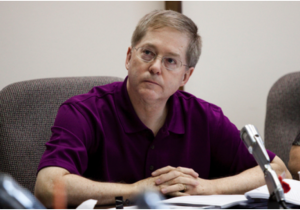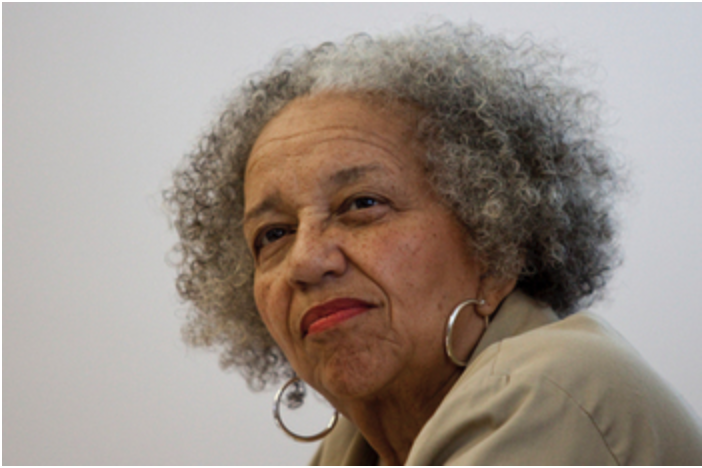Original post on AnnArbor.com, by Katrease Stafford at 5:56 a.m.
Nearly 29,000 individuals in Washtenaw County are without health insurance and the Washtenaw Health Initiative, a volunteer group organized to prepare the county for the full implementation of the federal health care reform, said it knows the way to increase access to insurance.

Washtenaw Health Initiative leaders asked the Ypsilanti City Council Tuesday night to consider becoming a charter member and giving a “token amount” of money, $1,000, toward the cause.
In June, Norm Herbert, retired treasurer for theUniversity of Michigan and one of the initiative’s leaders, pitched a similar idea to the Ann Arbor City Council, asking the city to contribute $20,000 over atwo-year period.
Tom Biggs, a volunteer for the group, asked the Ypsilanti council to donate a far less amount of money than Ann Arbor in light of the budget restraints and cuts the city is facing.
“If you can find you can do some token amount, it sends an important message that the community is involved with it,” he said. “No matter how small it is, we want to make sure we’re sending that message.”
The WHI’s mission, Biggs said, is to improve the health of low-income, uninsured and Medicaid recipients in Washtenaw County by bringing together organizations to coordinate and leverage resources, generate innovative ideas and consider opportunities to work together.
Last July, the University of Michigan Health System, St. Joseph Mercy Health System and theCenter for Healthcare Research & Transformation, a nonprofit supported by U-M and Blue Cross Blue Shield of Michigan, announced they would collaborate to study ways to handle the influx of patients expected as a result of the health care reform.
Research conducted by the Center for Healthcare Research and Transformation discovered that in 2010, 69.9 percent of the county’s 340,961 residents had private health care insurance. Close to 12 percent of residents were covered by Medicare, 11.3 percent were covered by Medicaid and approximately 2,475 individuals were eligible for Medicaid but not enrolled.
The WHI is estimating that when the major provisions of the Affordable Care Act go into effect in 2014, 23,866 uninsured individuals in the county may become insured via Medicaid or health insurance exchanges and an additional 34,545 primary care visits will occur.
In addition to a lack of access to primary care, dental care access is very limited for uninsured adults and adult Medicaid recipients. Few dentists accept new Medicaid patients and many individuals end up utilizing the hospital emergency departments for acute dental issues, Biggs said.
“Only 15 percent accept Medicaid and only 8 percent accept new cases,” he said.
Nearly 4,700 emergency room visits are a result of dental related issues, according to Biggs.
“That’s not dental care,” he said. “That’s pain management.”
Biggs said the initiative is already making a difference.
In March, AnnArbor.com reported the initiative helped 700 residents receive and keep their coverage and state assistance.
Workers Tiffany Gore and Liz Ahrens helped more than 200 single adults who were close to losing their Medicaid coverage keep it. They also helped more than 200 eligible residents apply for food stamps and helped another 261 people apply for “medical assistance,” 69 for disability help and 22 for emergency relief.

Biggs expects those numbers to increase with the additional support of Ypsilanti, along with the rest of the county. “It’s a tremendous effort and most importantly we’re getting things done,” Biggs said.
Biggs said $100,000 has already been committed by the 32 charter member organizations already involved in the initiative. Members include the Corner Health System, Planned Parenthood of Mid and South Michigan, United Way of Washtenaw County and more.
Mayor Paul Schreiber said although cuts were made to the human services department in 2004, he believes the WHI is a “special organization” worth receiving funds. Schreiber stated he was impressed with the fact WHI has more than 70 participants and 40 organizations involved.
“ The list of organizations already involved is impressive,” Schreiber said. “I think it will be well worth our money to do this.”
The council proposed creating a resolution for the August meeting to show support for the initiative.
